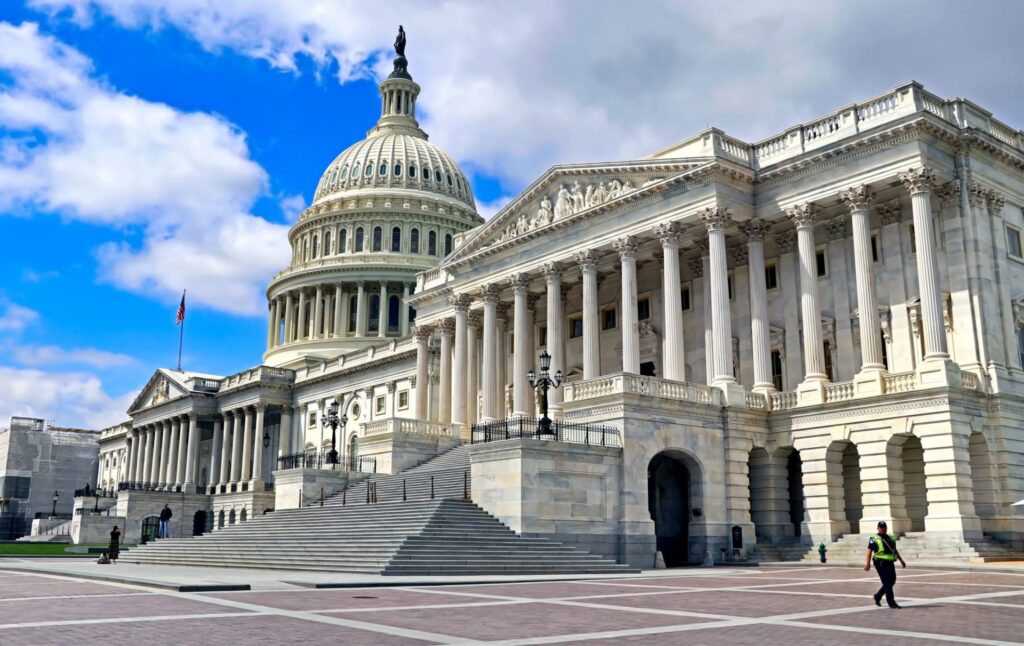A federal law that could have significant repercussions on your privacy and your Fourth Amendment rights is in a tricky state of limbo in the U.S. Congress.
The N.S.A. and Section 702
At issue are the National Security Agency’s (NSA) warrantless surveillance program and the so-called Section 702 law, both of which are set to expire at the end of 2017.
Section 702 is the part of the law behind the NSA that allows the Agency to record the emails and phone calls of foreign spies, terrorists, and other foreign targets who are not in the U.S. at the time of the communication. Importantly, though, if those communications are between targeted foreigners and U.S. citizens inside the United States, Section 702 also allows the NSA to collect information on those U.S. citizens. This information is said to be gathered “incidentally” to the investigation of the foreign party.
As it stands, Section 702 grants federal law enforcement access to all of this information, including details about U.S. citizens. This is likely a violation of the Fourth Amendment, because the NSA never obtained a warrant in collecting the data, and federal investigators are not required to have a warrant to search that data, once it’s been collected.
However, the data that Section 702 collects from foreign agents is useful for the country’s national security interests.
The “U.S.A. Liberty Act”
In an attempt to renew the NSA’s warrantless surveillance program and Section 702, the so-called U.S.A. Liberty Act was proposed to change the program, rather than renew it as it stands.
However, despite its name, the Liberty Act would do little to protect your privacy if it gets passed. It does nothing to protect U.S. citizens from being watched under the NSA’s warrantless surveillance program, and only requires a “court order” before federal investigators can view information in the NSA’s database of information – meaning they can search the database whenever they want to.
Despite the lack of privacy protections, the U.S.A. Liberty Act passed through the House Judiciary Committee, which even refused to add an amendment that would’ve bolstered the Fourth Amendment rights of U.S. citizens under the Act.
However, the House Intelligence Committee, which also has a say in the NSA program’s future, wants the program to be renewed without any changes. The Trump administration also wants a clean renewal of the NSA program.
A clean renewal of the entire NSA surveillance program, though, probably doesn’t have the votes to get passed in the House of Representatives. However, the Liberty Act, which offers only an iota of privacy more than a clean renewal of the program, is also predicted to fail in the House. If neither bill passes, the House might put a permanent reauthorization of the NSA program into spending legislation at the end of the year. This would fund the NSA’s warrantless surveillance program forever.
William T. Bly: Maine Criminal Defense Attorney
Law enforcement mechanisms like the NSA’s warrantless surveillance program and Section 702 try toeing the line between protecting the country and protecting citizens’ rights. However, politicians are increasingly willing to sacrifice our rights so they won’t get blamed for an attack.
William T. Bly is a criminal defense attorney who takes your rights seriously. Contact him online or call his law office at (207) 571-8146 if you’ve been charged with a crime in the state of Maine.


